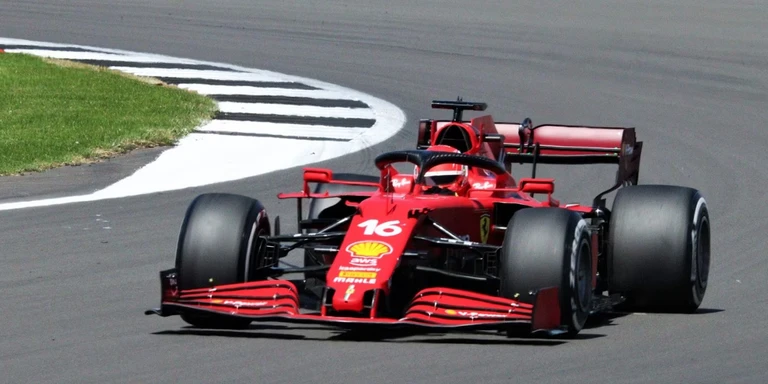Formula 1 has announced the calendar for the 2024 FIA Formula One World Championship, approved by the World Motor Sport Council. The calendar features 24 races and begins in Bahrain on March 2 and finishes in Abu Dhabi on December 8.
Formula 1 has made clear its intention to move towards greater calendar regionalisation, reducing logistical burdens and making the season more sustainable.
By moving Japan to April, Azerbaijan to September and Qatar back-to-back with Abu Dhabi, this calendar creates a better flow of races in certain regions, and this work will continue while being realistic to the fact that as a world championship, with climatic and contractual constraints, there will always be travel required that cannot be completely regionalised.

For the opening two races of the season in Bahrain and Saudi Arabia, the Grand Prix will take place on a Saturday. This decision has been taken to accommodate Ramadan.
Speaking of the 2024 Formula 1 calendar announcement, Stefano Domenicali, President and CEO of Formula 1, said: “I am delighted to announce the 2024 calendar with 24 races that will deliver an exciting season for our fans around the world. There is huge interest and continued demand for Formula 1, and I believe this calendar strikes the right balance between traditional races and new and existing venues.
“I want to thank all of the promoters and partners for their support and effort to achieve this great schedule. Our journey to a more sustainable calendar will continue in the coming years as we further streamline operations as part of our Net Zero 2030 commitment. We have plenty of racing to look forward to in 2023, including the inaugural Las Vegas Grand Prix, and our fans can look forward to more excitement next season.”
“The planned 2024 FIA Formula One World Championship calendar, that has been approved by the Motor Sport Council Members, demonstrates some important steps towards our shared goals,” added Mohammed Ben Sulayem, President of the FIA.
“We want to make the global spectacle of Formula 1 more efficient in terms of environmental sustainability and more manageable for the travelling staff who dedicate so much of their time to our sport. Stefano Domenicali and his team have done a great job to both bring in new and exciting venues in emerging markets for Formula 1, and stay true to the sport’s long and remarkable heritage.
“Each race can only happen thanks to the collaboration between the FIA, FOM, the promoters, and the host ASNs who bring together the thousands of volunteer marshals and support personnel so that we can go racing, and as we forge ahead into the future we must ensure that our priorities grow and develop with the needs of society and what is best for our sport, our fans and our environment.”



















































